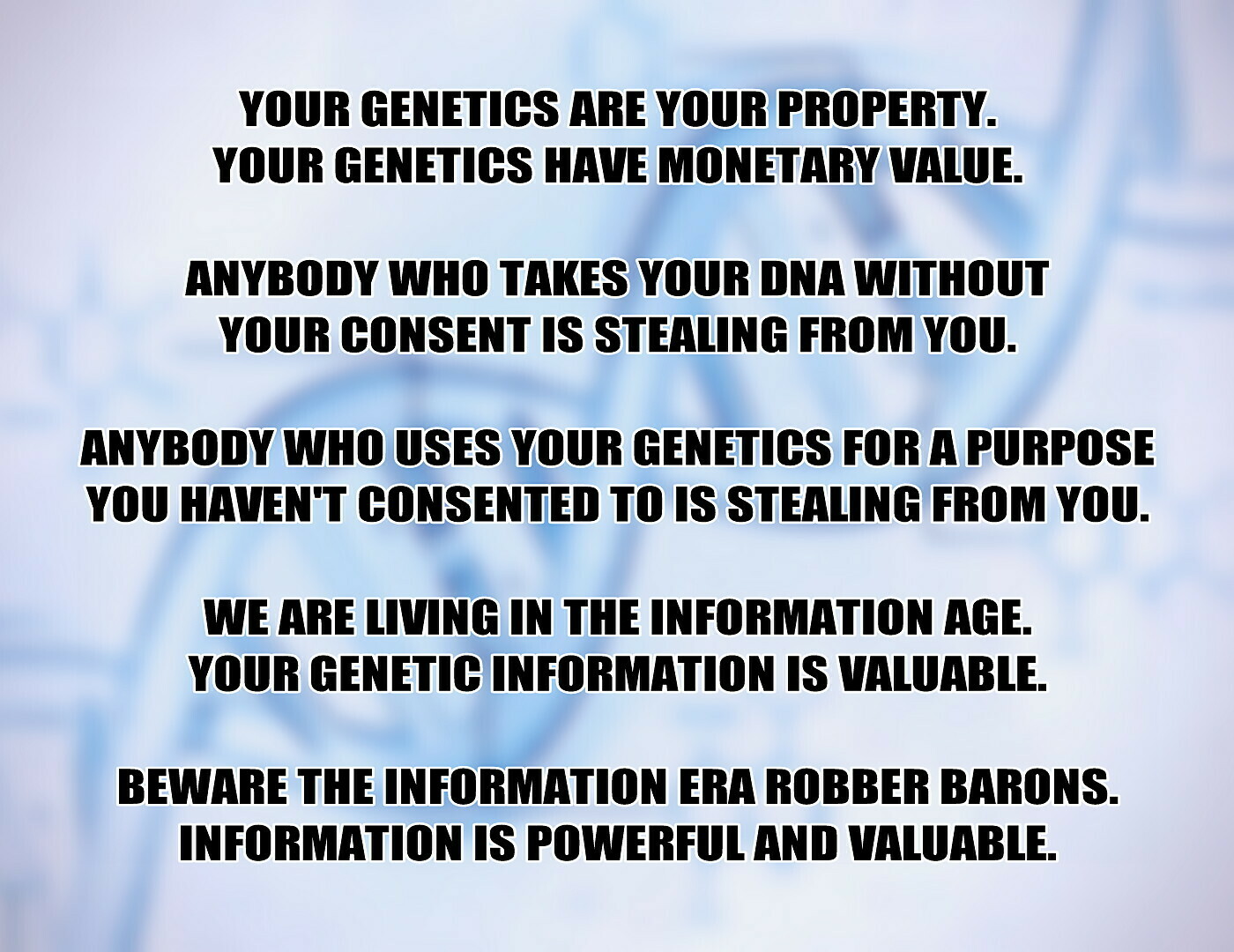The Maine Legislature passed a new law with bipartisan support to end civil asset forfeiture, the practice where police seize cash or assets connected to a crime without filing criminal charges.
The law went into effect last week without Gov. Janet Mills’ signature, making Maine the fourth state to ban civil forfeiture, following North Carolina in 1985, New Mexico in 2015 and Nebraska in 2016.
“I’m just ecstatic that Maine passed this law. I hope that it starts a domino effect across the states,” said Rep. Billy Bob Faulkingham, a Republican representing Winter Harbor and the lead sponsor of LD 1521.
The law fully repeals Maine’s civil forfeiture laws, leaving on the books criminal forfeitures, which require a criminal conviction before the cash or property is awarded to the police.
According to the Institute for Justice, a non-profit libertarian public interest law firm that testified in support of Faulkingham’s legislation, the Maine Drug Enforcement Agency seized $1.5 million between 2009 and 2013 — an average of $247,395 per year. In Maine, criminal forfeitures are more common than civil seizures, according to the U.S Attorney’s Office in Maine.
The bipartisan effort brought together unlikely allies, such as Faulkingham, who identifies politically as libertarian, and co-sponsors like House Assistant Majority Leader Rachel Talbot Ross, a Democrat from Portland who has long been a progressive champion of criminal justice reform and police accountability in Augusta.
“I had a pretty good lineup of co-sponsors. Rachel Talbot Ross signed on and her caucus helped me out,” Faulkingham said. “It was one of the most bipartisan, awesome votes that we had this session and it was just a major rejection of civil asset forfeiture.”
